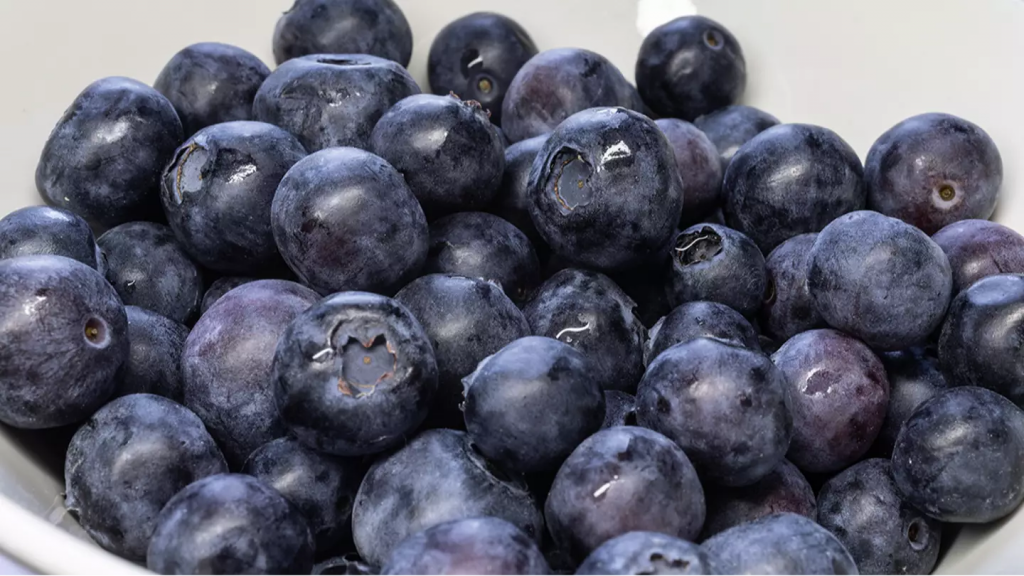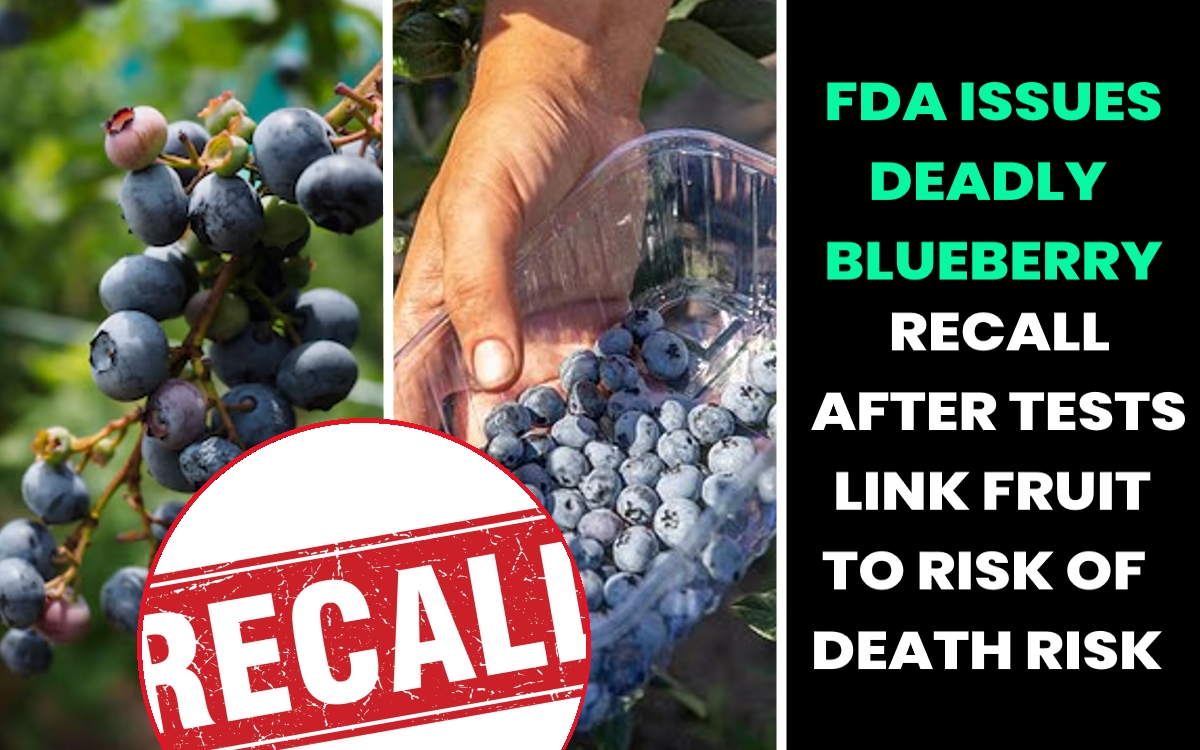Households across the country have been urged to immediately check their freezers after the U.S. Food and Drug Administration upgraded a blueberry recall to a Class I alert—the agency’s most serious classification—following tests that detected Listeria monocytogenes, a bacterium capable of causing severe illness or even death. The recall, initiated June 9 by Alma Pak International LLC, covers 400 boxes of 30-pound organic blueberries marked Lot numbers 13325 G1060 and 13325 G1096, shipped to a single North Carolina customer but potentially redistributed more widely.
@FDAfood “Class I recall: Organic blueberries contaminated with Listeria monocytogenes can cause serious adverse health consequences or death. Check Lot 13325 G1060/G1096 and discard immediately.” FDA recall notice
According to the story by Reuters, the agency’s June 30 upgrade to Class I signals a “reasonable probability” that exposure to the contaminated fruit poses a serious health risk. Listeria can lurk in cold, damp environments such as freezers, and unlike many pathogens it grows even at refrigeration temperatures, making berries a particular concern.

The Associated Press reports that Listeria is the third leading cause of foodborne illness deaths in the U.S., with around 1,600 infections and 260 fatalities annually. Vulnerable groups—including older adults, pregnant women, newborns, and anyone with a weakened immune system—face the highest risk of invasive listeriosis, which can lead to meningitis, sepsis, and miscarriage.
@CDCgov “Listeria exposure can cause fever, muscle aches, and gastrointestinal distress—pregnant women should be especially cautious.” CDC listeriosis advisory
Southern Living confirms that Alma Pak’s blueberries were flagged during routine tests conducted by the FDA’s Listeria surveillance program. After initial positives in early June, follow-up sampling by both the company and the Georgia Department of Agriculture returned further detections, prompting the urgent recall.
Despite the berries being shipped to just one North Carolina account—possibly a wholesaler or institutional buyer—industry analysts warn that repackaging could have sent them into retail and restaurant channels nationwide. As Southern Living notes, consumers should look for the code “Organic Blueberries 30# Bulk” and verify lot numbers before consuming.
@SouthernLiving “Check your pantry: Recalled organic blueberries may be repackaged—throw out any matching Lot 13325 codes.” Recall guidance tweet
In-depth coverage by Newsweek highlights that Listeria’s incubation period can span from a few days to several weeks, meaning symptoms may appear long after consumption. The most common signs include high fever, severe headache, stiff neck, and confusion—symptoms that often require hospitalization.
Martha Stewart’s lifestyle site explains that even healthy individuals can suffer mild flu-like symptoms, but serious cases require intravenous antibiotics. “Discard any berries that match the recall information,” advises Olivia McIntosh, writing for Martha Stewart. “And thoroughly sanitize any surfaces or utensils that came into contact with the product.”

@MarthaStewart “FDA’s Class I blueberry recall is urgent—dispose of all Lot 13325 berries and sanitize your kitchen.” Sanitation tips
Local news outlets in North Carolina, including WRAL, report that the consignee has confirmed no retail distribution so far, though public health officials remain on alert. The CDC’s outbreak database shows no linked illnesses at this time, but warns that Listeria’s long latency requires continued monitoring.
Beyond immediate disposal, experts urge consumers to stay informed about expiry dates—KI tablets and other emergency supplies aside—when stocking bulk or frozen items. The Listeria incident follows a spate of high-risk recalls in 2025, from prepackaged pasta meals at major retailers to deli meat recalls triggered by cross-contamination concerns, underscoring persistent gaps in food-safety protocols.
@FSISgov “Stay vigilant: Past recalls for pasta and deli meats began with single contamination events.” FSIS recall reminder
Consumer rights group Food Safety News calls for increased transparency and third-party audits of processing facilities. “Class I recalls must be paired with clear corrective actions,” argues editor Dan Flynn. “Auditors should verify that sanitation and testing protocols are enforced consistently.”
Meanwhile, patients recovering from listeriosis are advised to consult their healthcare providers about follow-up blood tests and neurological evaluations. Treatment typically involves high-dose intravenous ampicillin or penicillin, often combined with gentamicin for severe cases, according to guidelines published in the Clinical Infectious Diseases journal.
As summer blooms bring an abundance of fresh fruit, the FDA recommends that consumers supplement their nutrition with alternatives like strawberries, raspberries, or canned blueberries—provided the cans bear the FDA’s safety seal. Retailers like Whole Foods and Trader Joe’s have posted recall notices in stores and online, while social-media influencers are helping to spread the alert under #BlueberryRecall.
@WholeFoods “Check your freezer: Recalled blueberries must go. We’re removing all affected lots from shelves today.” Store advisory
For questions about the recall or to report potential illnesses, consumers can call the FDA’s consumer complaint hotline at 1-888-463-6332 or visit the FDA recalls page. Health professionals encourage anyone who has consumed the recalled berries and experiences symptoms to seek medical care immediately.







